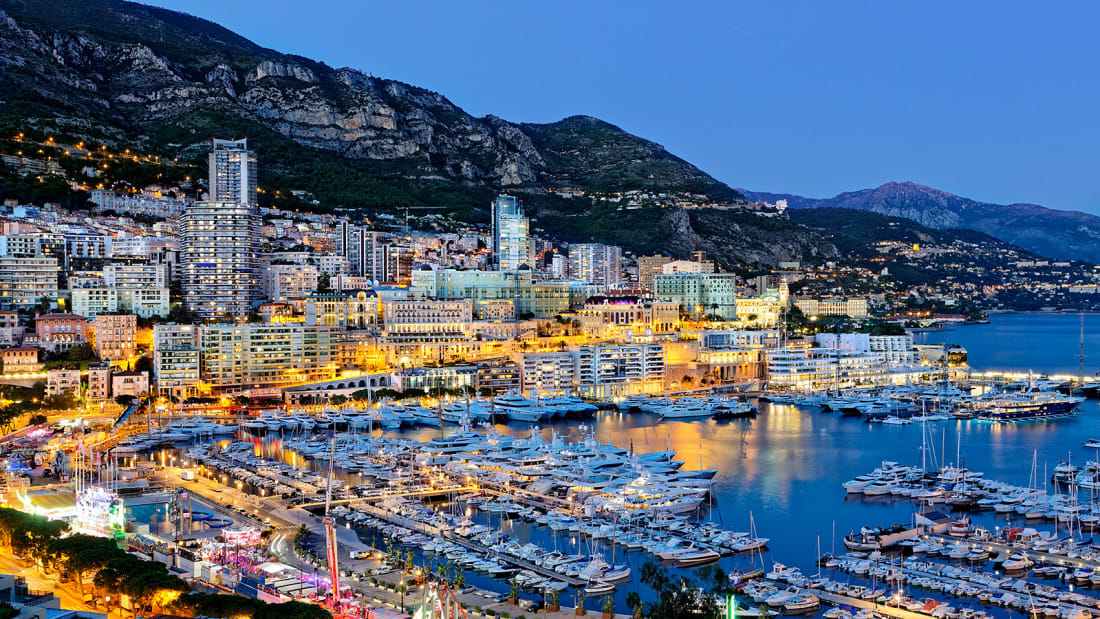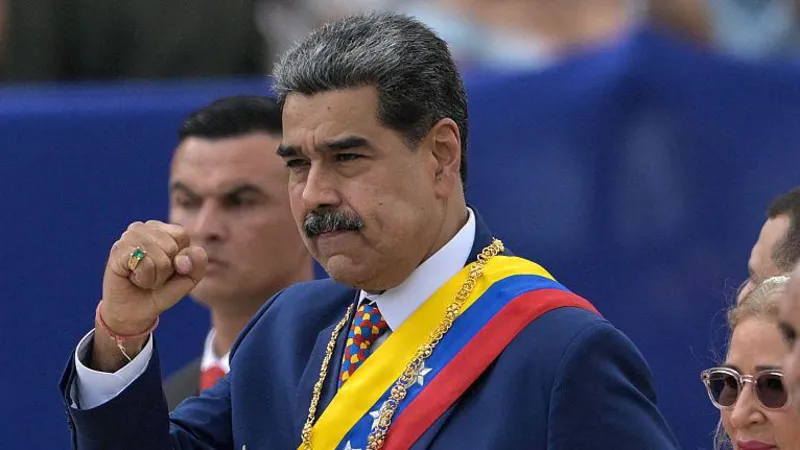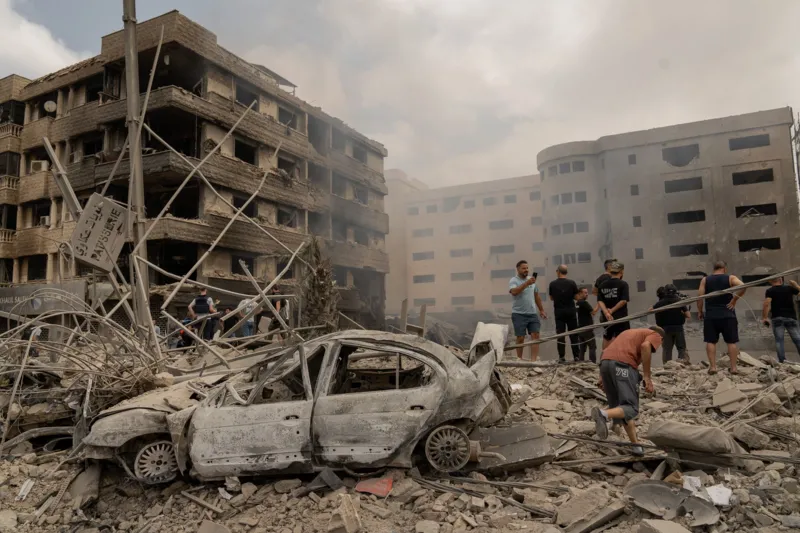What it's really like to live in Monaco

Described as a "sunny place for shady people," by English novelist W. Somerset Maugham, Monaco is one of the smallest and wealthiest countries in the world.
Situated close to Nice, France and a few miles from the Italian border, the principality has a population of around 38,000, and just under seven in 10 of those people are millionaires, according to a report by property consultants Knight Frank, with at least 199 holding assets of $30 million.
The number of millionaires -- and billionaires -- residing in Monaco is on the rise, with heiress and fashion designer Tatiana Santo Domingo, who has a net worth of around $2 billion, named as its richest resident in 2019.
The Grimaldi royal family, headed up by Prince Albert II, son of Prince Rainier and Hollywood actress Grace Kelly, are perhaps the principality's most famous citizens, ruling over Monaco for eight centuries -- Domingo is married to the reigning monarch's nephew Andrea Casiraghi.
So what is it actually like to live in this millionaire's playground?
Manila di Giovanni has been in Monaco for around four years and says it took her a while to "find her way in."
Arbee Pachao
Italian technopreneur Manila Di Giovanni, who has been living in the tiny country since 2018, says she had the "usual preconceptions" about Monaco when she initially came here as a student and found it hard to "find her way in."
"It's a more exclusive environment," she says. "If you're not part of it yet, it takes time to adapt within the actual society. It was very tough in my first years."
However, Di Giovanni, founder and chief executive of virtual reality platform DWorld, says she found things easier once she left university and began building her career and feels very much at home in Monaco now.
"I think that Monaco is really a hub of opportunities," adds Di Giovanni. "Because, despite the fact that it's a relatively small country, every person from around the world with certain influence comes to Monaco at least once per year.
"So if you find your way in the system, you can grow quite a lot."
Monaco resident Marcela de Kern Royer, originally from Guatemala, loves the lifestyle here, stressing that living among so many incredibly wealthy and successful people helps to keep her motivated.
However, she admits that the glamorous nature of Monaco means she doesn't necessarily feel comfortable going out and about while dressed down.
"Sometimes you don't want to leave the house without makeup on," says de Kern Royer, who is the author of "The Superyacht Industry Book" and a superyacht consultant at consultancy firm Onboard Monaco."I would feel a bit under dressed."
Of course, having a Monaco address is decidedly costly. In a 2022 report released by global property firm Savills, average prices in the Principality topped 50,000 euros ($70,500) per square meter for the first time last year, marking a 9% increase from 2020, while rental prices had an average price of 91.08 euros per square meter per month.
"It's been the most expensive real estate in the world for a really long time," says Edward de Mallet Morgan, head of super prime international residential sales at Knight Frank.
"And given that with up to 2.2 square kilometers [of space], you've got a population of 38,000 people. It is a very densely populated and incredibly wealthy population and the real estate prices continue to go up."
As space is pretty limited here, the homes are smaller than you'd expect.
"It's sort of 98 to 99% apartments with a few villas, which you obviously then pay a big premium for," adds de Mallet Morgan.
De Kern Royer, who moved to Monaco around 17 years ago, considers the size of the properties a "trade off" for living in such a unique and alluring country.
"It's not like living in Beverly Hills where you have big mansions," she says. "For the price of a Beverly Hills mansion here, you'll have a small apartment. It's expensive [to live here,] but it's worth it for your privacy and your safety."
Low crime rate
The Principality of Monaco has the most expensive real estate market in the world.
The issue of safety appears to be an important factor when it comes to the desirability of this tiny country, which has a very low crime rate, and a high quota of policemen to residents.
"I think Monaco is one of the few places where people feel safe," adds de Kern Royer. "You don't have to worry that you're going to get mugged.
"Nowadays [in other places] it's become so dangerous. People don't want to wear their watches. But it's super safe here."
Photographer Valentina Selvaggia de Gaspari, who spent her summers in the principality during her younger years and was a resident for 14 years, says safety played a huge part in her decision to raise her two children in Monaco.
"Everybody knows Monaco through the big sports events, through the billionaires who live [there] and this huge incredible nightlife with beautiful ladies.
"I'd say that the security is one of the [most] incredible things," she says, noting that some residents even leave their car doors unlocked.
In order to become a resident, applicants must rent or purchase a property here, and deposit and maintain at least 500,000 euros into a bank registered in Monaco.
Di Giovanni, de Kern Royer and de Gaspari have all been through the process of gaining residency, but are unlikely to ever be issued with Monegasque citizenship.
Government rules stipulate that residents can apply for citizenship after having lived in the Principality for at least a decade.
However, each application has to be approved by Prince Albert II and only a small number of people are issued with citizenship each year.
"My daughter was born here and she doesn't have a Monegasque passport," says de Kern Royer. "It's almost impossible to get one. They only issue like five a year.
"So even if I was married to a Monegasque I would not be Monegasque. They keep it very protected."
To put it into perspective, Gareth Wittstock, the brother of Princess Charlene of Monaco, who was born in Zimbabwe, was one of the few residents to be granted Monegasque citizenship in 2022.
-cnn






